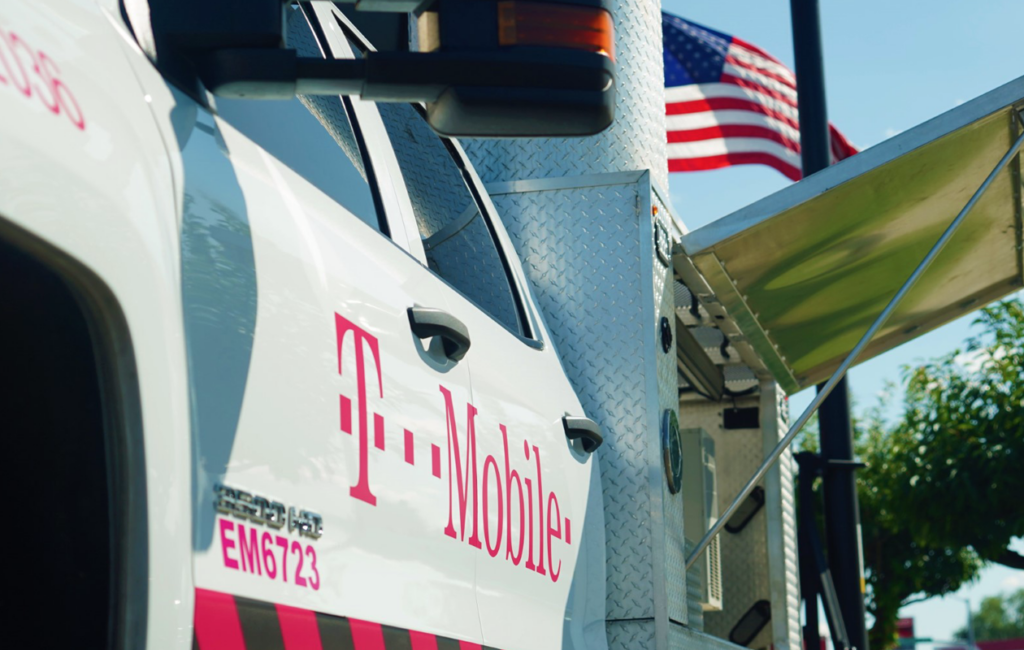Industry Associations Join Call for Delay on Mandatory Emergency Agreements
NTCA and the Rural Wireless Association are backing a petition to double time to enter emergency agreements.
Ahmad Hathout

WASHINGTON, January 12, 2023 – Two industry associations have joined a call for the Federal Communications Commission to delay deadlines for carriers to reach mandatory agreements to support each other during emergency network outages.
Last fall, the FCC adopted rules requiring wireless service providers assist other carriers in the event of emergencies, as the agency was grappling with the impact of hurricanes Fiona and Ian on communications networks.
The commission effectively codified terms in a previously voluntary program called the Mandatory Disaster Response Initiative, which has been in use since 2016, and extended it all facilities-based providers, including smaller ones, requiring them to negotiate and enter into bilateral roaming-under-disaster deals with all wireless providers and perform testing of roaming capabilities within nine months – July 31, 2023 – of the ruling.
In separate filings to the FCC on Tuesday, the NTCA Rural Broadband Association and the Rural Wireless Association backed a petition by the wireless industry association formerly known as the Cellular Telecommunications Industry Association and the Competitive Carriers Association in asking for at least double the time to 18 months to enter into those agreements. (The Blooston Rural Carriers also supported the petition in a filing last month.)
“Small providers face unique challenges and require additional time to comply,” the NTCA said in its submission. “Affording providers a more reasonable amount of time to address the new MDRI obligations will further network reliability and resiliency while alleviating the hardships that an arbitrarily short deadline would create.”
The NTCA, like Blooston and the RWA, argued that the mutual-aid arrangements with multiple service providers is likely to exceed the 200-hour estimate the FCC thinks it would take.
“History has demonstrated that bilateral roaming agreements are not easily negotiated and testing of systems does not always go smoothly,” the NTCA added. “Two hundred hours to negotiate and test – especially with multiple providers – is unrealistic. This misestimation of time required for rule compliance may have influenced the Commission’s determination that small providers must comply with the MDRI rules in only 9 months.”
The RWA added that its members and other small wireless carriers “currently live on the fiscal edge, and rely on federal universal service support in order to continue to serve their rural customers,” arguing that such an initiative within that time would require a diversion of important resources.
The NTCA and the RWA further requested that the FCC publish a list of facilities-based mobile wireless providers with regularly updated contact information to streamline the process and more easily comply with the MDRI.
The new MDRI requires providers arrange mutual aid, improve public awareness of restoration efforts, and mandate roaming agreements so that any carrier with network outage may get voice roaming on a carrier that is still operational during natural disasters.









Member discussion